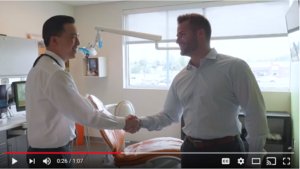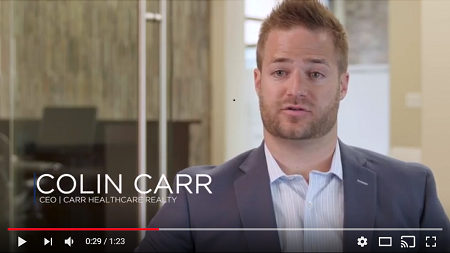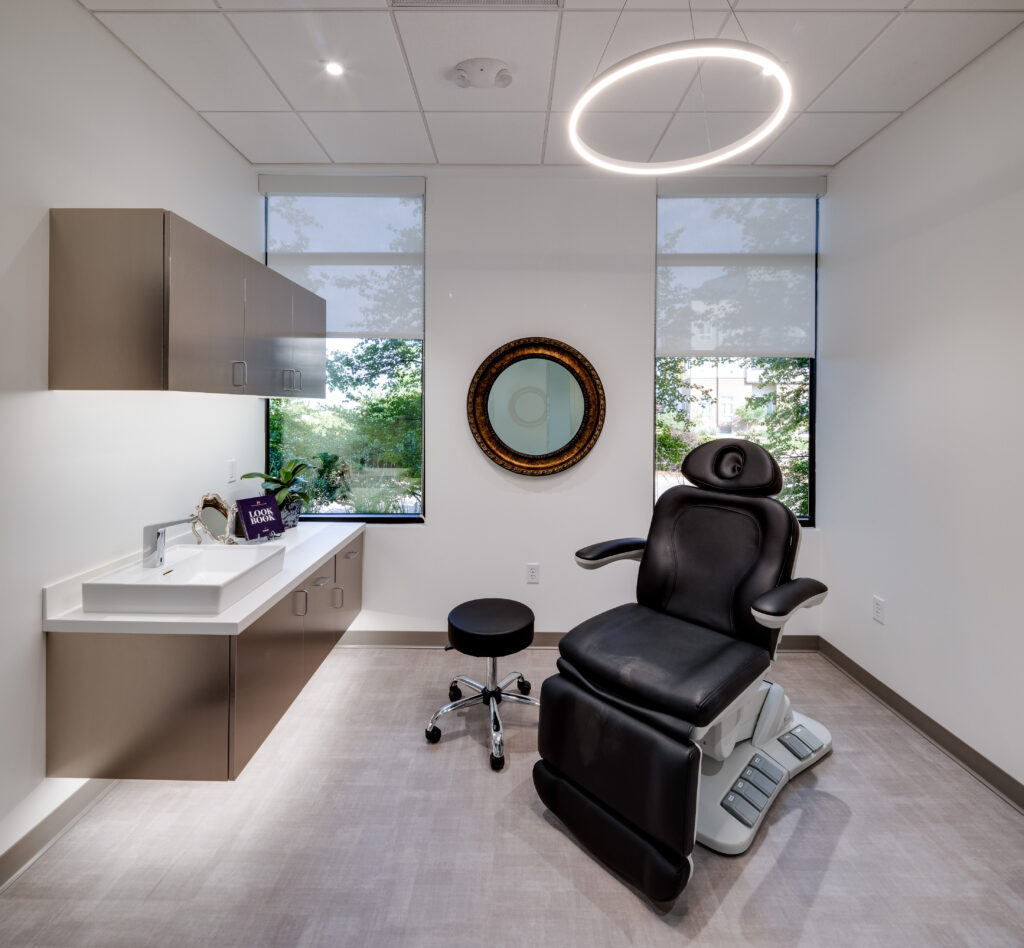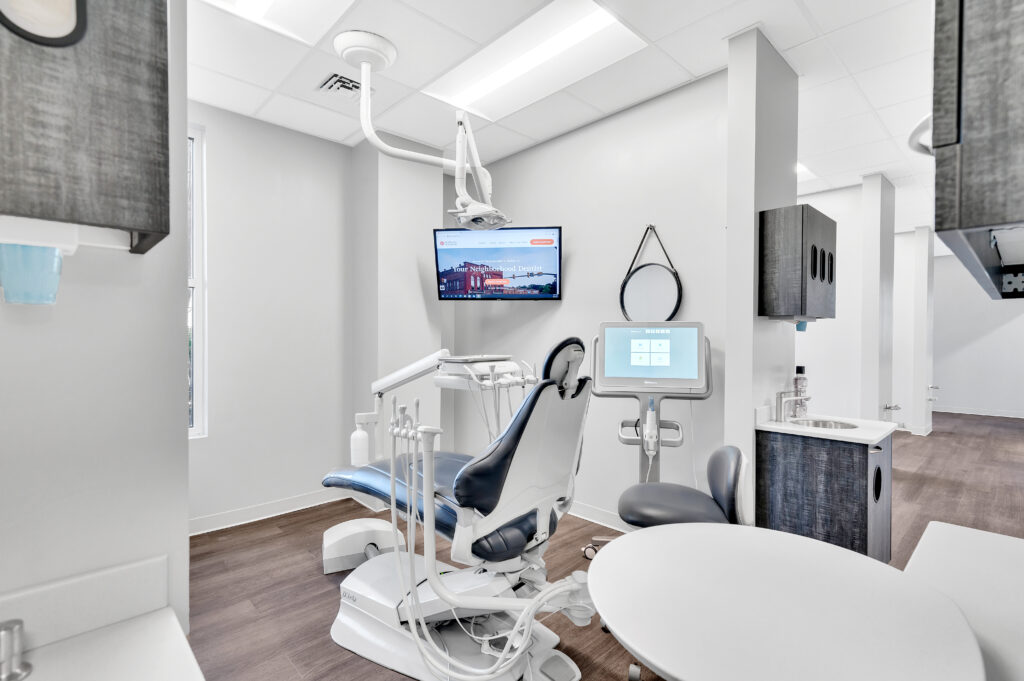The Dangers of ‘DIY’ Real Estate | Knowledge and Experience
In part 1 of this series we explained why doing commercial real estate yourself will cost you time and money. In part 2, we cover why doing commercial real estate yourself requires significant expert knowledge and experience in order to avoid common pitfalls.

Knowledge
This is the most important part of representation. We live in a world where “knowledge” is at our fingertips. The problem is, the knowledge that is available is often a cheap knockoff of the real thing.
Have you ever had a patient confidently give you their diagnosis of what is happening to them because they looked it up on WebMD? When you explain to them their actual diagnosis, they say, “Are you sure?”
They are trying to compare your thousands of hours of experience with their 15 minutes of Googling symptoms. There is a monumental difference in your experience versus theirs. Be careful getting too frustrated, though, because many doctors and practice administrators do the same thing when it comes to commercial real estate.
Those same doctors and administrators who are frustrated with a patient’s self–diagnosis, will hop on a commercial real estate website for 15 minutes, and think they are a commercial real estate expert. What they fail to acknowledge is that anyone can find properties or call or email a listing agent to get a property brochure. The part where expert guidance and knowledge is needed is during the negotiations. There is much more to a negotiation than the lease rate or purchase price.
The importance of knowledge is also important in deciding how you select your agent. Many doctors fail to realize the complexities of commercial real estate and imprudently hire a residential real estate friend or patient. That is similar to having a tooth ache and going to the veterinarian for help. Sure, they may have some dental experience (on felines), but it’s hardly the same thing.
You might say, ‘Ok, I need an agent. How do I go about picking the right one?’
Here is a quick guide to ensure you are covered.
Good: Having a commercial real estate agent represent you in your real estate transaction.
Better: Having a commercial real estate agent who only represents tenants and buyers represent you in your real estate transaction. This prevents any potential conflict of interest and also ensures you will see every potential property available to you.
Best: Having a commercial real estate agent who only represents healthcare tenants and buyers represent you in your real estate transaction. This ensures you of their unwavering loyalty to you against any possible landlord but it also ensures you have someone who understands your real estate needs and how to structure a deal that best suits your unique situation and needs as a healthcare provider.
When it comes to ‘do-it-yourself’ real estate negotiations, you don’t save any money. Instead, you stand to lose a fortune. Hiring an agent will at a minimum save you a substantial amount of time. Hiring the right agent can ensure you get into the best possible location with the right terms that could potentially save you tens to hundreds of thousands of dollars in your next transaction.
Experience
Some tenants and buyers balk at the idea of hiring an agent to represent them in a commercial real estate transaction through an agency agreement. Those people typically don’t understand that agency is a term created by governmental bodies to protect the consumer (you). If you don’t have an agent involved to exclusively represent you in your transaction, then there is no real estate expert who has a fiduciary responsibility to protect your interests.
The vast majority of landlords have an agent and other experts they regularly consult with that work diligently to ensure the landlord receives the best deal possible.
Think about that for a moment… The landlord, who has done hundreds of real estate transactions and whose entire livelihood is based on real estate, hires an agent so they can leverage that agent’s experience. Why would a healthcare buyer or tenant who will only transact a few times over the course of their career try to do it alone?
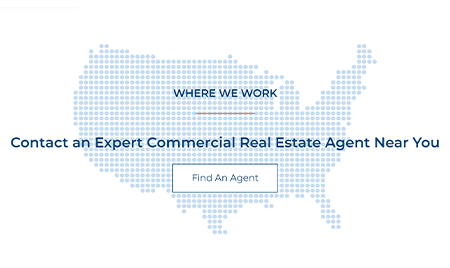
Additionally, there is a big difference in hiring a general commercial real estate agent vs a healthcare real estate agent. Do you know how many healthcare real estate transactions your agent has completed? They may have general commercial real estate knowledge but do they have healthcare specific commercial real estate knowledge? When it comes to your practice’s real estate, make sure you hire a qualified agent who has both the knowledge and experience to successfully represent your needs.
To contact an expert agent near you to maximize your time and financial savings, click here.
To begin a free lease or purchase evaluation, click here.

